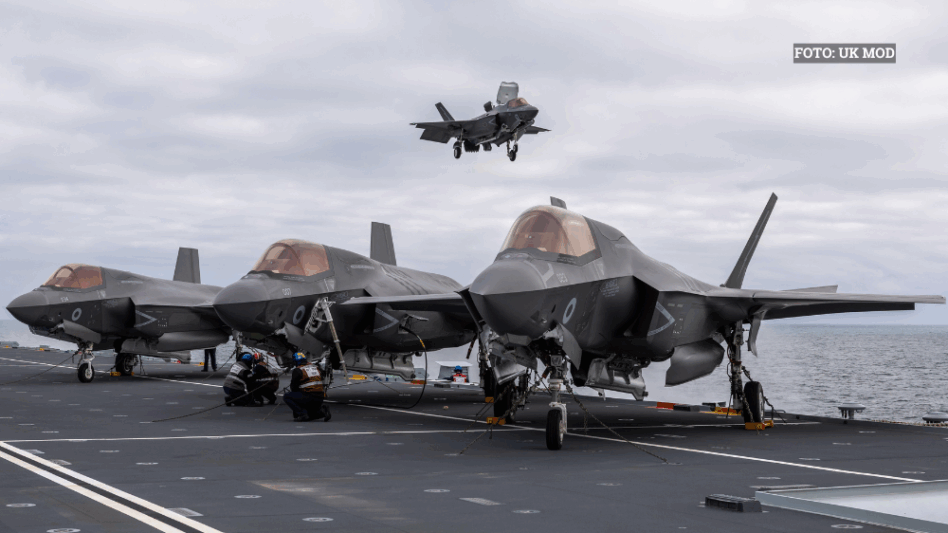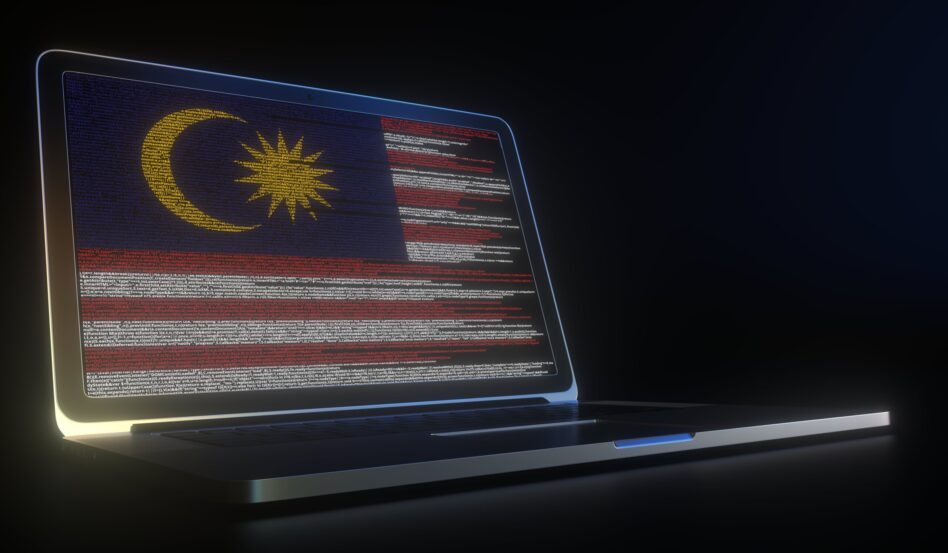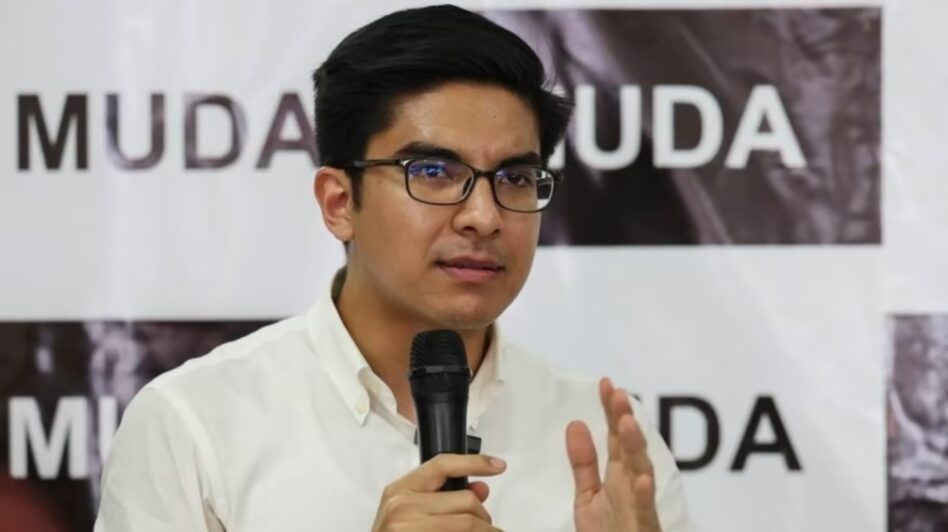THE Strategic Defence Review (SDR) 2025 highlights the United Kingdom’s position as a central pillar of NATO while also reinforcing its commitment to key alliances such as AUKUS and the Five Power Defence Arrangements (FPDA), the latter of which includes Malaysia as a founding member.
As global security dynamics shift, particularly in the Indo-Pacific, the UK and its allies are increasingly turning to mini-lateral and technology-focused defence pacts to counter emerging threats.
Malaysia, while traditionally adopting a non-aligned and hedging posture in international affairs, can no longer afford to remain on the sidelines of these evolving security frameworks.
The growing prominence of mini-lateral arrangements means that countries not actively engaged risk being excluded from future regional security architectures especially those involving the sharing of high-end defence technologies.
To stay relevant and enhance its strategic value, Malaysia should take proactive steps to strengthen the FPDA.
This includes advocating for deeper technological collaboration among member states through initiatives such as joint drone exercises, AI-driven wargaming, and interoperability trials.
These steps would modernise the FPDA’s operational focus and align it more closely with the demands of 21st-century warfare.
Additionally, Malaysia should leverage its existing strategic partnerships with countries like the UK, Japan, Australia, and South Korea to build capacity in critical areas such as cyber defence, logistics resilience, and defence industry co-development.
These partnerships can serve as platforms for technology transfer, joint training and capability development.
Also, Malaysia should consider initiating a Defence Tech Dialogue with AUKUS partners. While not a member of AUKUS, Malaysia can benefit from structured engagement that ensures it remains part of conversations around defence innovation and regional security planning.
Defence industrial base and economic security

The UK’s SDR draws a clear link between national security and economic security, emphasising the need for a resilient and sovereign defence industrial base.
This includes not only the capacity to export but also the ability to rapidly scale production during times of crisis.
In contrast, Malaysia’s defence industry remains fragmented, heavily dependent on foreign original equipment manufacturers (OEMs) and suffers from a lack of consistent research and development investment.
To build a more self-reliant and future-proof defence sector, Malaysia should begin by launching a Defence Industrial Masterplan 2030.
This strategic blueprint should outline clear targets for developing indigenous capabilities in critical technologies such as drones, sensors, artificial intelligence (AI), and command, control, communications, computers, intelligence, surveillance, and reconnaissance (C4ISR) systems.
Establishing such goals would provide long-term direction and attract both public and private investment into key technology areas.
Reorganising and scaling up existing institutions like DEFTECH and the Science and Technology Research Institute for Defence (STRIDE) is also essential.
These organisations should be supported through direct state funding and venture-capital-style investment mechanisms, taking inspiration from innovation-driven models used in Denmark.
Such support would enable them to incubate advanced technologies, commercialise innovations, and compete globally.
Additionally, Malaysia should implement a “Buy Malaysian First” policy for defence procurement. Prioritising local suppliers during the early phases of technology adoption would help cultivate a robust domestic ecosystem, encourage knowledge transfer, and reduce dependency on foreign suppliers.
Over time, this approach would contribute to building a more sovereign and agile Malaysian defence industry capable of supporting both national security and economic resilience.
Strategic communication and national resilience
The SDR places strong emphasis on resilience as a broad concept encompassing not just military strength, but also the robustness of infrastructure, the integrity of information, and the cohesion of society.
In today’s strategic environment, cyber warfare, disinformation, and psychological operations have become standard tools of geopolitical competition, often targeting a nation’s vulnerabilities without the need for conventional force.

Malaysia’s capacity in cyber defence remains limited and lacks an integrated framework that bridges the military and civilian spheres.
To address this gap, Mindef has announced the formation of the Defence Cyber and Electromagnetic Division (DCED), which will align the Malaysian Armed Forces with international standards and advance the goals outlined in the Defence White Paper.
This command would be responsible for overseeing military cyber operations and would work closely with the National Cyber Security Agency (NACSA) to ensure seamless coordination between defence and civilian cybersecurity efforts.
Such a structure would allow for more effective responses to cyber incidents and enhance national cyber resilience.
In parallel, Malaysia must strengthen its information warfare capabilities. This involves training and equipping specialised psychological operations (PsyOps) units capable of detecting, countering, and pre-empting foreign disinformation campaigns.
These units would play a vital role in safeguarding public perception, preserving national unity, and ensuring that the information space is not dominated by hostile narratives.
Lastly, national resilience must extend to the civilian population. Increasing public awareness through civil defence drills, strategic communication campaigns, and the inclusion of national security education in school curricula would help prepare society to face non-traditional threats.
Building societal resilience ensures that Malaysians are not only protected by the state but also active participants in the nation’s defence against hybrid and information warfare.
The time to act is now. Waiting until the next conflict or crisis emerges will be too late. Proactive adaptation is not just a strategic choice but it is a national imperative. ‒ June 24, 2025
R. Paneir Selvam is the principal consultant of Arunachala Research & Consultancy Sdn Bhd, a think tank specialising in strategic national and geopolitical matters.
The views expressed are solely of the authors and do not necessarily reflect those of Focus Malaysia.
Main image: Unsplash









